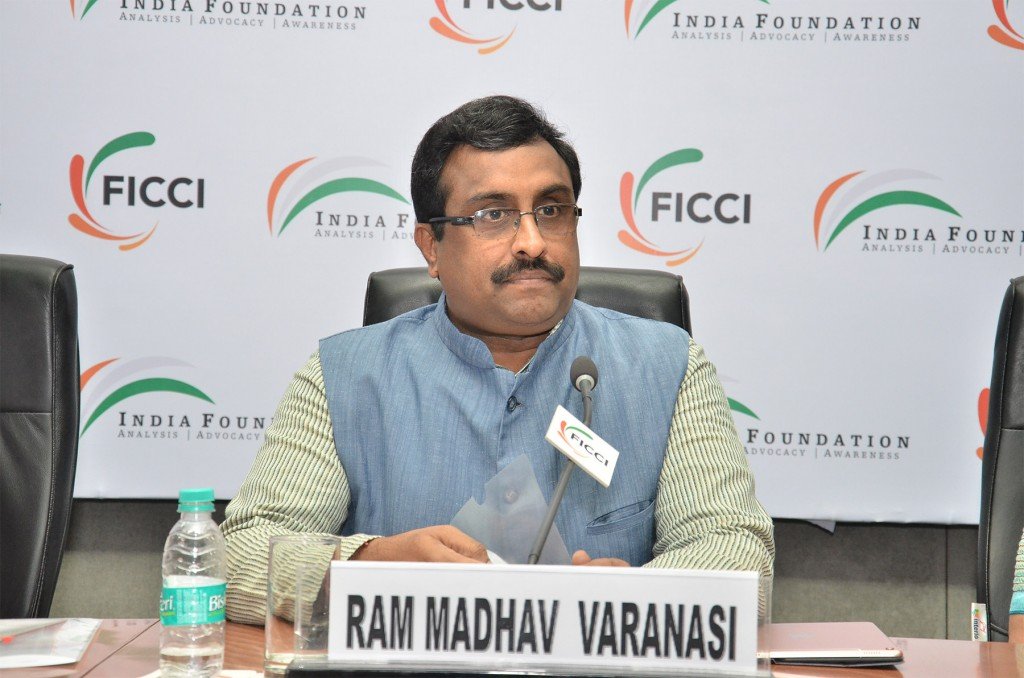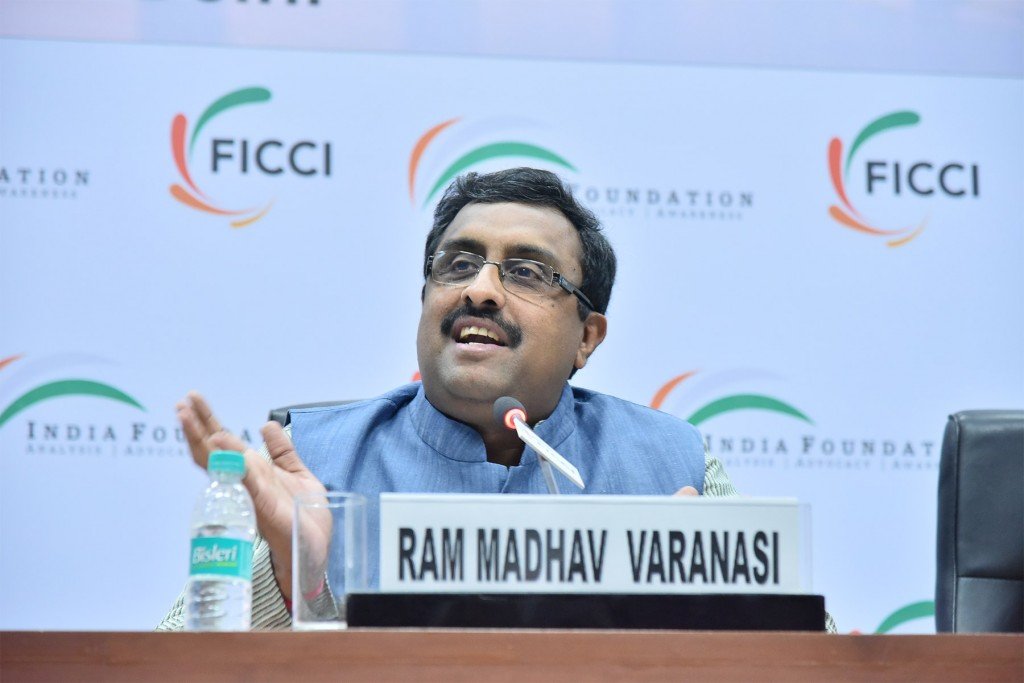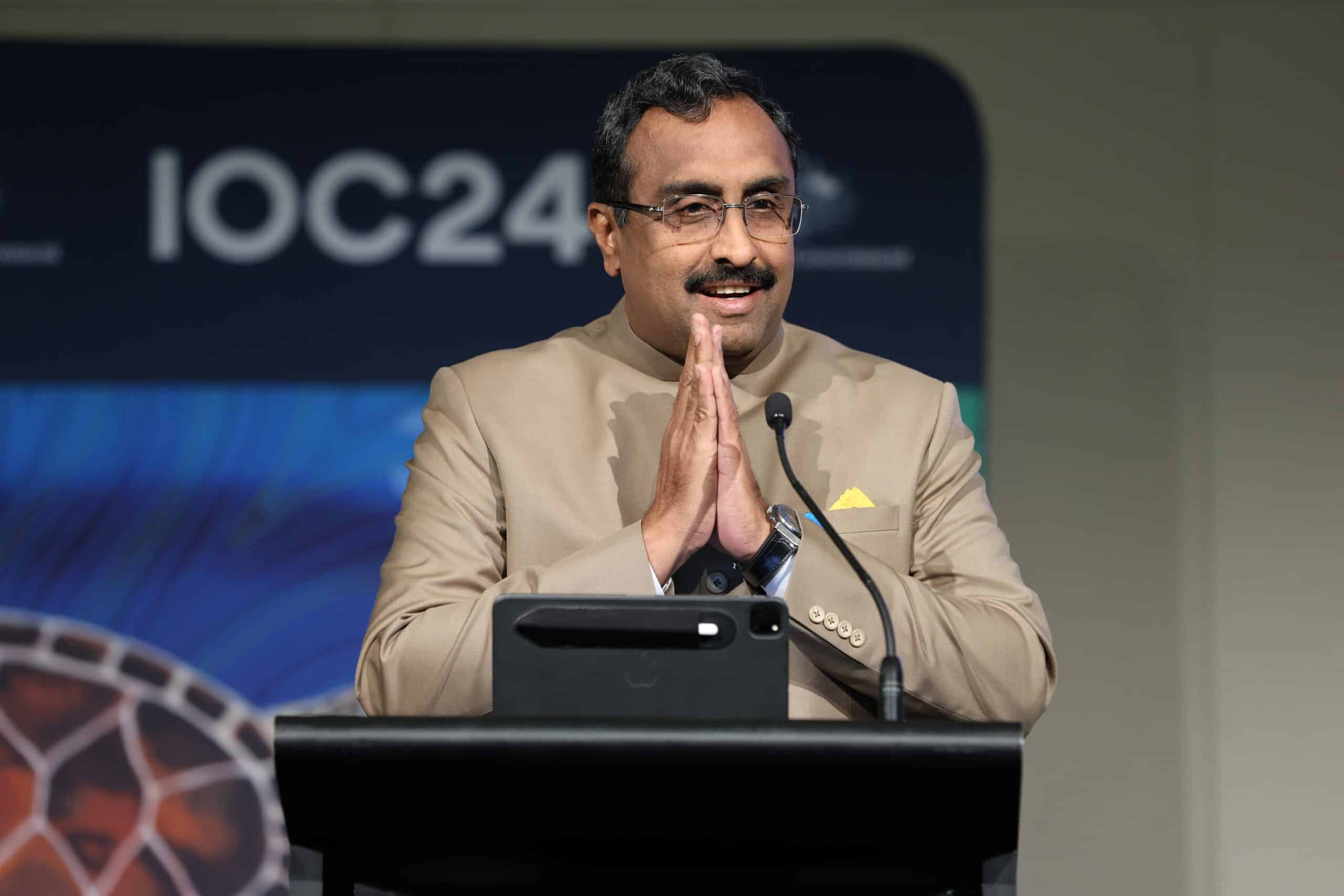
|
Getting your Trinity Audio player ready...
|
Border management is today a complex subject. It involves various aspects.
Firstly we need better border infrastructure. For decades after Independence we have neglected this aspect. As a result our border infrastructure is today in a pathetic condition. Ever since the Modi government took over special attention is being paid to strengthening physical infrastructure like roads, railways, power and telecom etc. To that end not only the budgetary allocations have been made but also the laws are being amended, especially the laws relating to land acquisition, the forest acts, the environmental laws etc.
But border management is not just about border infrastructure alone. It is also about managing border security apparatus. We have different agencies responsible for managing border security. The BSF, the ITBP, the SSB and some wings of the Army, Navy etc are engaged in this activity. These forces need to be well-trained, well-equipped, well-placed, and well-cared for. After all they hold on to positions that are largely remote and god forsaken. One of the things that we need to think of is to build residential complexes for these forces in major urban centres in the country and hand them over to their family members as permanent residences. That helps in providing great relief and reassurance to the forces personnel that their families will have some stability irrespective of their postings. It can act as a major morale booster for the personnel.
Technology also plays an important role in managing our borders. It is impossible to guard every inch of the borders. There are some border areas in India’s North East where the border security infrastructure is locate 20-30 KMs inside the actual boundary. In many border areas the border posts are located 5 KMs apart. We need the support of technology in effective management of the borders. That includes latest communications technology too.
People living in villages along the borders are another important aspect of border management. They are great assets in our border management. They can be a parallel line of border security management along with the security apparatus. They play an important role in intelligence gathering. In fact each village on the border is an important border outpost for us. But unfortunately we have paid very little attention to the people living in the border villages. They are deprived of basic amenities like electricity, education, healthcare, roads and telecommunications, and markets even after 7 decades of independence. Just across the border they see with their naked eyes a lot of developmental activity taking place. They still remain loyal citizens of our country because they are staunch patriots. We need to do a lot to improve their living conditions.
This brings us to the crucial aspect of coordination. Since border management today involves all these aspects it also involves various ministries and departments. Effective management of all these departments is a major challenge today. Lack of coordination results in situations where while the security forces have electricity and telecommunications in their cantonments, the same is not available to civilians living in villages next door. Many such challenges involve coordination between various ministries.
Added to this scenario is a major dilemma that the country faces while managing the borders. In the globalised world today there is a clamour for erasing boundaries in trade and commerce while the security needs require the borders to be guarded and sealed effectively. This challenge of open borders for trade and closed borders for security needs to be managed diligently. Today we face a big security challenge in J&K. The Valley has a couple of trade routes opened into PoK through which more than 500 trucks pass everyday. These trade routes are vital for J&K’s economy while the same are being misused for hawala transactions.
We face similar challenge in India’s North East. With the improvement of India-Bangladesh and India-Myanmar relations greater connectivity is happening today through roads, railways and waterways. But simultaneously we are working on sealing the Indo-Bangladesh border fully and permanently. An effective marriage of our security needs and commerce is the need of the hour.
We essentially need three things in the context of homeland security. They are: 1. Security Infrastructure; 2. Security Culture; 3. Security Doctrine.
Modiji’s government is taking full care of our security infrastructure. Building all-weather roads to improving telecommunications to equipping border security apparatus is all being taken up on priority.
But what we lack is a security culture. We as a nation are romantic people. Culture of security consciousness eludes us. Chinese have built a 1500-KM long wall – the Great China Wall – over a period of a millennium or more just to protect their country from the northern invaders like Manchus and Mongols. All the aggressions on India happened in the last 1000 years through just one mountain pass – the Khyber Pass. No Indian ruler had ever thought that we should build a wall across that pass.
The Indian mind is romantic. It is fond of slogans . Look at our romanticism with slogans even today. ‘political solution’ – our leaders proclaim loudly and repeatedly. But ask them what is that so-called ‘political solution’ to Azadi! They don’t know. The government has to find a way, they insist. What they don’t realise is that those who are screaming Azadi don’t want any political solution; all that they want is perpetuation of violence and making common people the scapegoats; nor is any political solution possible without validating the fact that J&K is an integral part of India.
There are instances when countries talked of bombing certain countries ‘back to stone age’ if they don’t mend ways. But we insist that ‘there is no alternative to talks’. We are ready to go and wait outside closed doors because ‘there is no alternative to talks’. We don’t realise that just as ‘talking’ is a part of strategy, ‘not talking’ too is a part of strategy. And talks are possible only when there is a conducive atmosphere; there is basic agreement on what to talk – not when doors are shut or bullets are flying.
We need to get out of this romanticism and develop a culture of security consciousness. Strategic thinking need to be incubated in at least the ruling establishment.
Last, but most important thing is security doctrine. We as a nation need to develop a comprehensive national security doctrine for the 21st Century. A doctrine talks about long term goals, direction in which to traverse and short term objectives as a derivative of the long term goals. The last time when we came anywhere close to a national strategy doctrine was in early 90s when we started talking about ‘Look East’. We later tried to upgrade it to ‘Act East’ but never seemed to comprehend it fully.
Lack of a clear doctrine at a time when a totally new world order is evolving is leaving us clueless about our role and place in the world. Our fondness for hyphenations keeps returning in the absence of any purpose. When Indian Prime Minister goes to Vietnam we immediately gloat over how he was trying to teach a lesson to China. Is that all about our Vietnam engagement? Or There is more to it? Ever since Modi government came to power bilateralism has acquired new dimensions. Our engagements with individual countries are guided by mutual interests and a long term strategic vision.
It is the cultivation of a national security culture and articulation of a well-crafted national security doctrine that are crucial to ensuring and enhancing homeland security.
Thank you.





